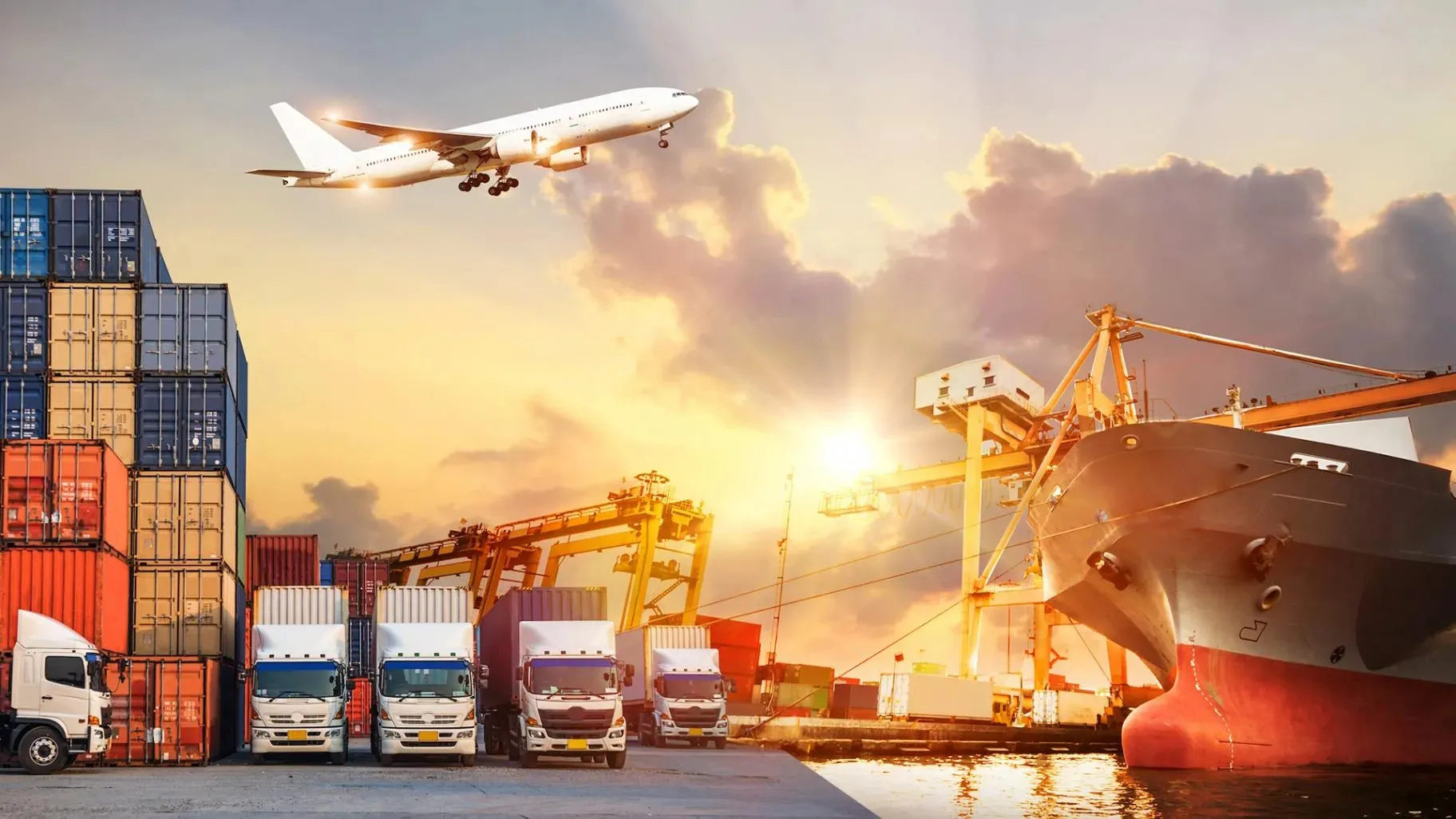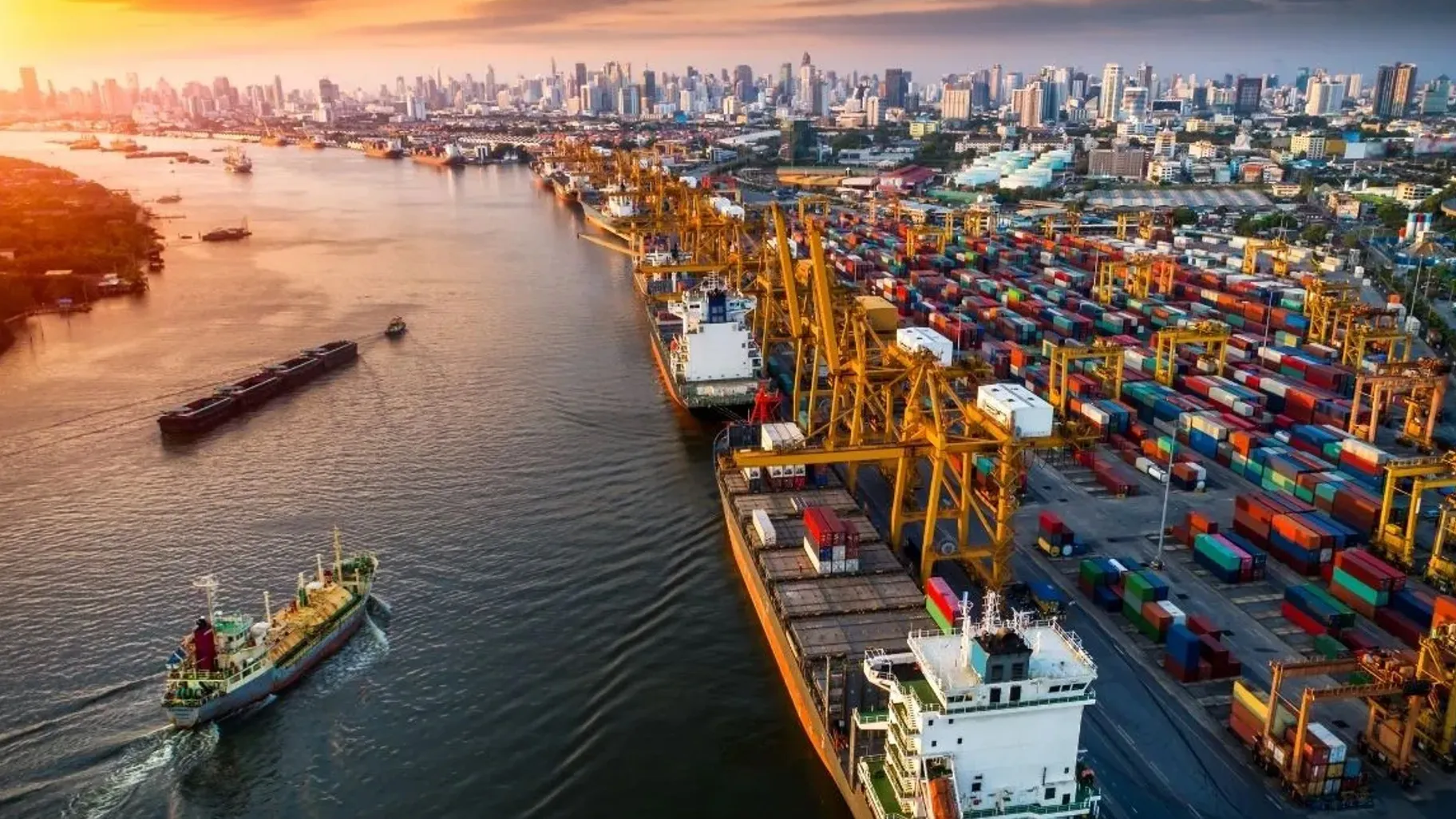- info@erel-log.pl
- ul. Przeworska 4A lok.420 04-382 Warszawa
International Transportation

International Transportation
As a dictionary meaning, it is the transit or direct transportation of goods from one country to another by using land, sea, rail and air. International transportation covers all the activities required from the supplier to the delivery of the cargo to the destination. In the process in question; customs clearance, combined transport, transit transport, lashing services, inland transport and warehousing are also included.
International Transport is Developing
In the globalizing world, the concept of international is no longer foreign to any industry. Local companies that want to expand their business now only want to show up abroad in commercial activities. Accordingly, of course, international transportation is developing. With its growth, it accounts for more than 20% of the world's gross revenue today.
Important for Turkish Economy
Logistics in the Turkish economy, as well as the whole world, has grown by over 12% since 2014. Turkey ranks 12th in the world in terms of export data of the transportation sector. This situation reveals the strategic importance of the logistics sector for the development of the Turkish economy.
Types of International Transport
Transportation is the backbone of the logistics industry. In local transportation, the preference is generally by land, but when it comes to international transportation, the most frequently used method varies as seaway. While the advantage of the sea route is that it is more economical than other types of transportation; The reason for the preference of the land route is that it can meet small-scale needs, can be transported from the address to the address without being opened, and that it allows partial loads to be sent by combining. Air delivery is not often preferred because it is an expensive method. The railway is generally used in combined transportation, where four types of transportation are used together and which is frequently preferred recently. Another factor that determines the frequent preference of maritime and railway is the suitability of the geographical and human conditions in the country in question with the type of transportation.
It should be economical and feasible
When it comes to international transportation, shipping companies are expected to have a wide network. The professional team and experience of logistics companies and their past references play a critical role in the selection of customers. Another selection criterion is the economic dimension of transportation. Transportation planning with solutions developed specifically for the load should be both economical and applicable.


